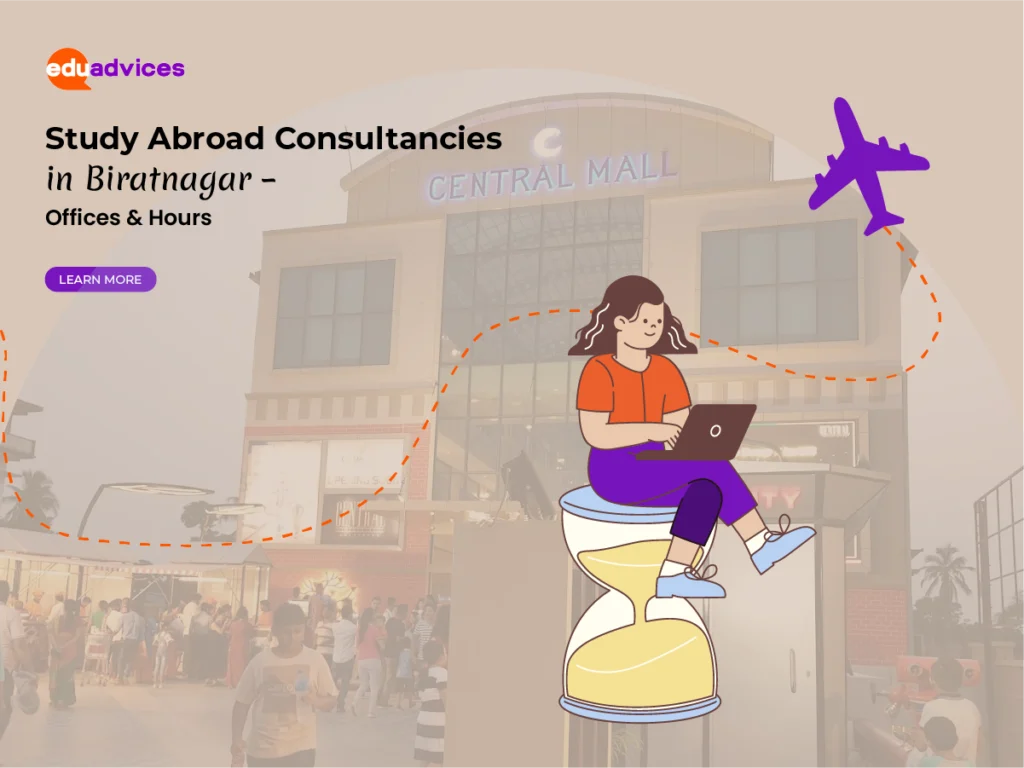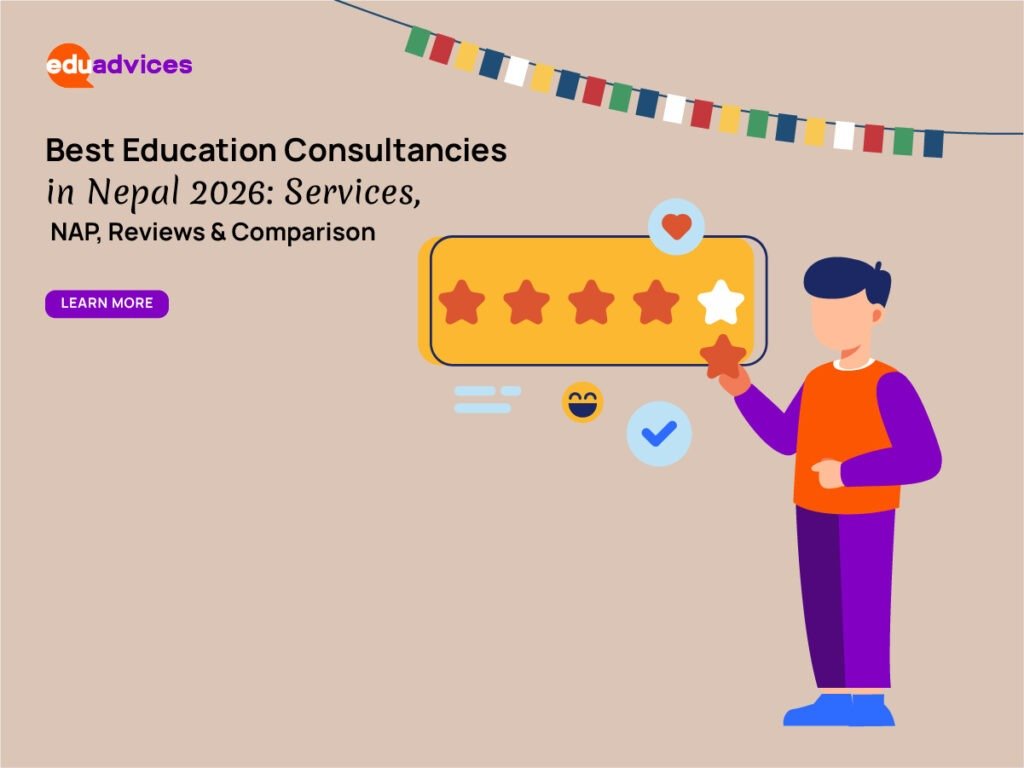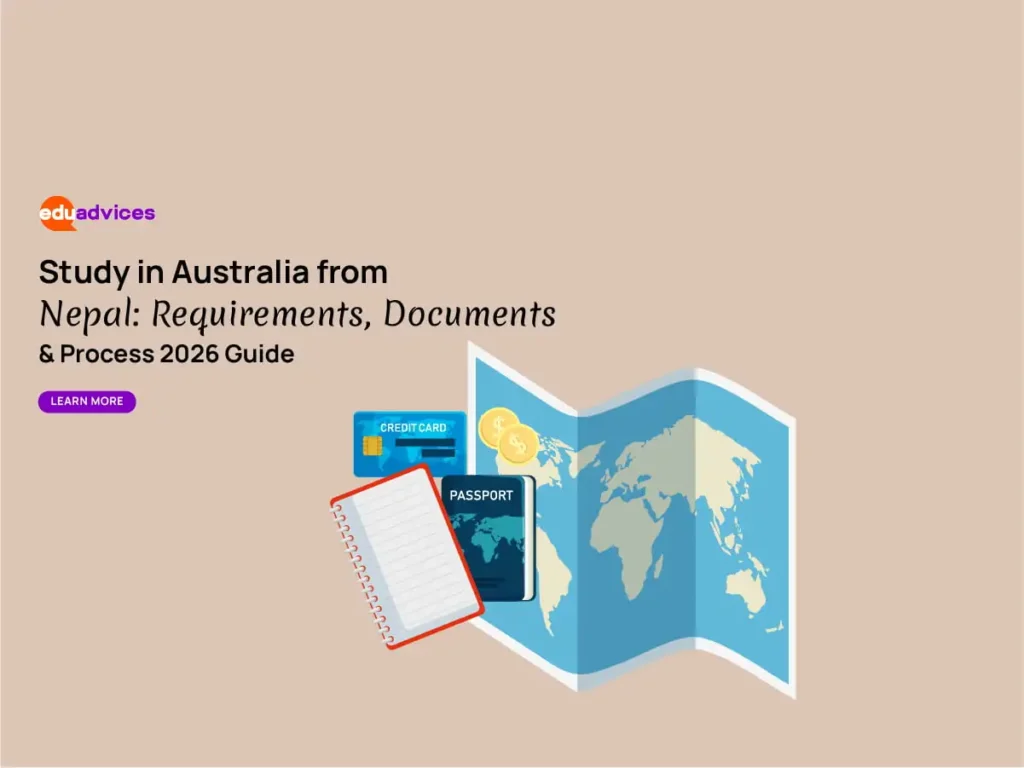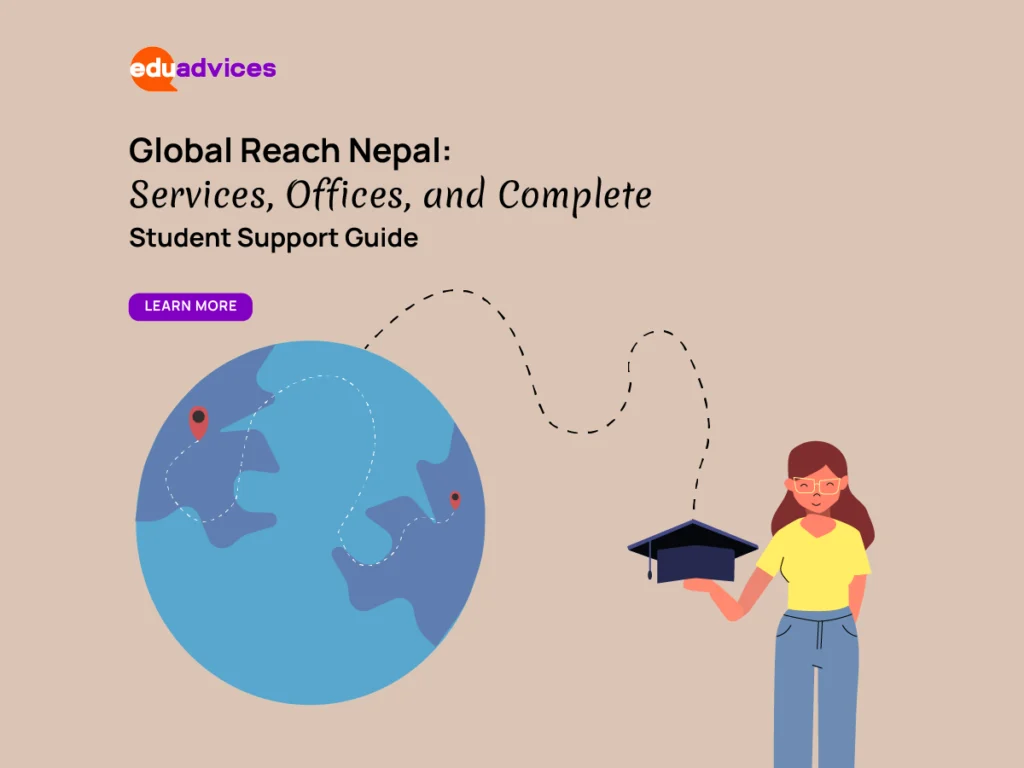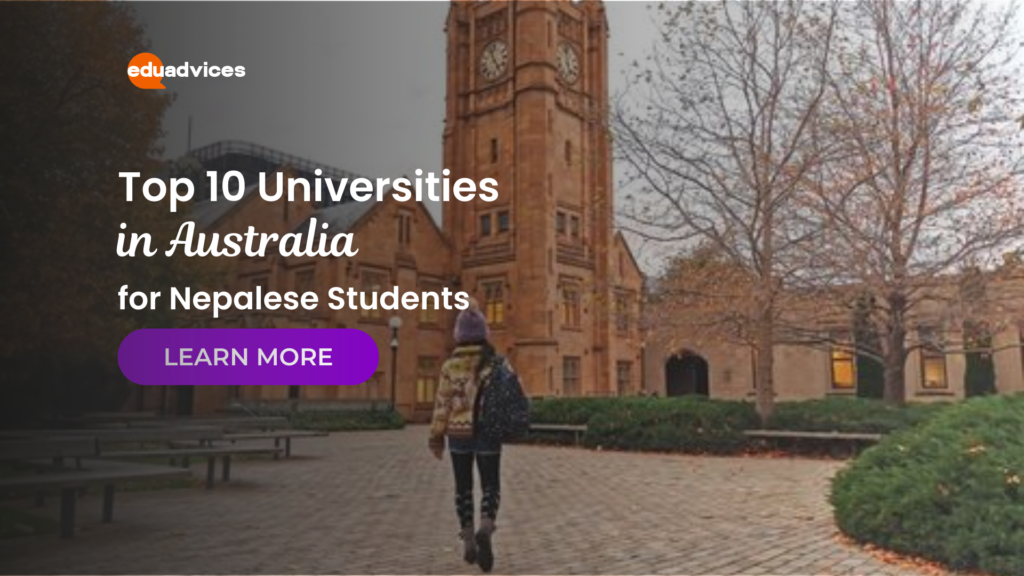Showing Funds for Australia Visa: Financial Requirements Explained
Showing funds for Australia visa is one of the most important and closely examined parts of any Australian visa application. Whether you are applying for a student visa, tourist visa, visitor visa, or even certain work-related visas, Australia visa proof of funds plays a decisive role in whether your application is approved or refused. Many applicants with strong academic or travel profiles still face rejection simply because they fail to meet or clearly explain the financial requirements for Australia visa. This detailed guide explains everything you need to know about showing funds for Australia visa, including acceptable financial documents, Australia visa bank balance expectations, visa-specific requirements, common mistakes, and expert tips to strengthen your application. Why Showing Funds for Australia Visa Is Mandatory Showing funds for Australia visa is a compulsory requirement because Australia follows strict immigration standards to protect its economy, labour market, and public resources. When assessing a visa application, immigration officers must be confident that the applicant has enough financial capacity to support themselves throughout their stay. This includes covering accommodation, daily living expenses, travel costs, health insurance, and, in the case of students, tuition fees. Without clear Australia visa proof of funds, authorities cannot be assured of an applicant’s financial preparedness. One of the key reasons behind the financial requirements for Australia visa is to reduce the risk of financial hardship. Applicants who lack sufficient funds may be more likely to seek unauthorized employment, overstay their visa, or rely on public assistance. By reviewing the Australia visa bank balance and related financial documents, immigration officers can evaluate whether an applicant is realistically prepared for the cost of living in Australia. Australia visa proof of funds is therefore not a simple formality. It is a core assessment factor used to measure credibility, risk level, and compliance with visa conditions. Consistent savings, legitimate income sources, and transparent financial records demonstrate that your plans are genuine and well thought out. Weak or unclear financial documentation, on the other hand, is a common reason for visa refusal. Key Reasons Showing Funds for Australia Visa Is Required To prove you can financially support yourself during your stay To prevent reliance on public assistance or illegal work To confirm genuine intent aligned with your visa purpose To assess financial stability through Australia visa bank balance To reduce the risk of visa overstay or non-compliance Showing funds for Australia visa ultimately reassures immigration authorities that you are a responsible applicant who understands the financial responsibilities of visiting, studying, or staying temporarily in Australia. Showing funds for Australia visa is mandatory to demonstrate financial stability, genuine intent, and the ability to meet all expenses without relying on public resources. Strong Australia visa proof of funds aligned with your visa purpose greatly improves your chances of approval. Understanding Australia Visa Proof of Funds Australia visa proof of funds refers to financial evidence showing that you have sufficient, genuine, and accessible money to cover your expenses. This includes living costs, tuition fees (if applicable), accommodation, travel expenses, and health insurance. Commonly accepted proof of funds documents include bank statements, savings accounts, fixed deposits, education loan approvals, sponsorship letters, and scholarship documents. The Australia visa bank balance shown must reflect stability, not temporary or borrowed funds. The quality and source of funds are just as important as the amount. Funds must be genuine and accessible, meaning they should be legally obtained and available for use at any time. Temporary, borrowed, or recently transferred money without explanation may be viewed as unreliable. This is why financial requirements for Australia visa place strong emphasis on consistency and transparency. Commonly Accepted Proof of Funds Documents Recent bank statements showing consistent savings Savings and current account balances Fixed deposits or term deposits Education loan approval letters from recognized banks Sponsorship letters with sponsor financial documents Official scholarship or funding letters The Australia visa bank balance presented should reflect financial stability over time. A well-maintained balance supported by clear income sources strengthens your application and builds trust with visa officers. Why Australia Visa Proof of Funds Is Carefully Assessed Immigration authorities use proof of funds to evaluate your credibility, financial planning, and genuine intention to comply with visa conditions. Strong Australia visa proof of funds indicates that you are unlikely to face financial stress, work illegally, or overstay your visa. Weak or unclear financial documentation, however, can raise doubts and may lead to refusal. Key Points to Remember Funds must be genuine, legal, and easily accessible Financial documents should match your visa purpose Stability of Australia visa bank balance is crucial Supporting documents improve credibility Australia visa proof of funds is financial evidence showing that you can cover living, travel, and study costs with genuine and accessible money. A stable Australia visa bank balance supported by clear documentation is essential to meet financial requirements for Australia visa and improve approval chances. Australia Visa Bank Balance: What Immigration Looks For Australia visa bank balance is evaluated based on several factors, not just the total amount. Immigration officers look at how long the funds have been maintained, the source of the money, and whether the funds are readily accessible. A healthy bank balance maintained over several months is far more credible than a large amount deposited just before application submission. Unexplained deposits, frequent cash transfers, or inconsistent balances may lead to doubts about the authenticity of your funds. When showing funds for Australia visa, it is essential to ensure your bank statements are clean, consistent, and supported by valid income or savings sources. Financial Requirements for Australia Visa by Visa Type The financial requirements for Australia visa vary depending on the visa category and length of stay. Each visa type has specific expectations, and understanding these differences helps you prepare accurate and relevant financial documents. Showing funds for Australia visa must always align with the purpose of your visit. Showing Funds for Australia Student Visa Proof of funds Australia student visa requirements are among the strictest. Students must demonstrate they can cover tuition



